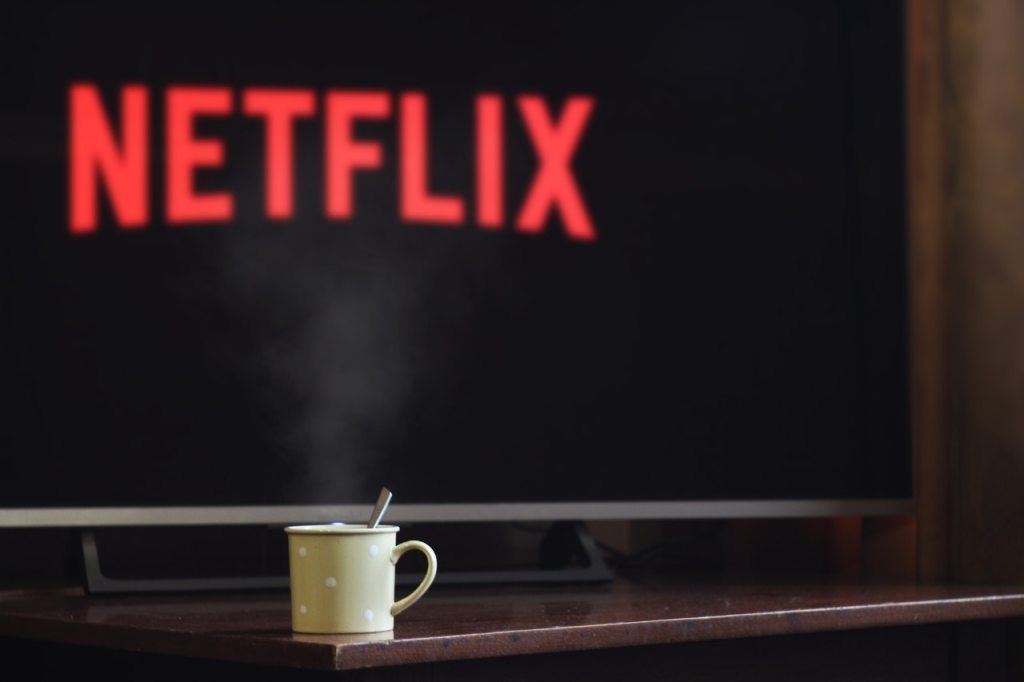The Netflix Dilemma
Why unlimited freedom + maximal choices = frustration (not happiness)
In his book book Rethink Yourself, Trevin Wax makes what I think is a pretty important point:
How do you come to understand what you really want out of life? People often think that looking into your heart to figure out your desires is the easy part; it’s the pursuit of happiness—of fulfilling your deepest desires—that takes so much energy. But that’s si…



